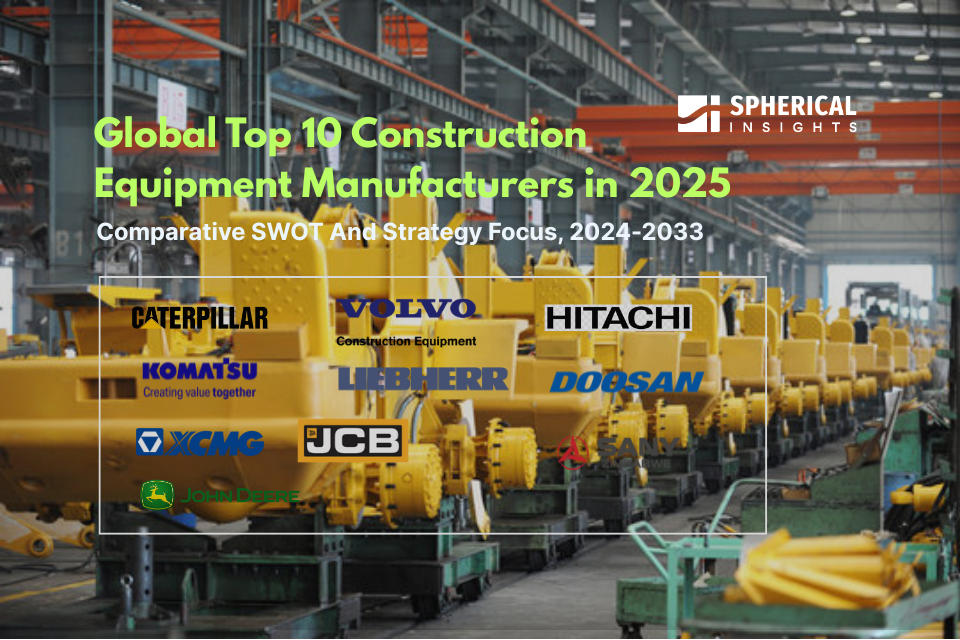
Global Top 10 Construction Equipment Manufacturers in 2025: Comparative SWOT and Strategy Focus, 2024-2033
RELEASE DATE: Apr 2025 Author: Spherical InsightsRequest Free Sample Speak to Analyst
Overview
The Global Construction Equipment Industry is seeing unprecedented growth, driven by a number of major drivers, including advances in technology, expansion in urbanization, and the relentless growth of infrastructure activities across the world. As countries undertake large-scale infrastructure, the need for high-technology, efficient machinery is gathering pace, enabling manufacturers to provide innovative solutions that improve productivity, sustainability, and safety on the construction site. The market is expected to be worth USD 337.06 billion by 2032, with a compound annual growth rate (CAGR) of 6.09% from USD 186.56 billion in 2022. The growth is most visible in emerging markets, where demand for modern construction equipment is increasing to keep pace with fast urbanization and industrialization. Manufacturers are investing more in automation, electrification, and sustainable solutions to meet these changing needs. Following is a comprehensive list of the top 10 construction equipment manufacturing companies in 2025, listed according to their global market share, which represents the leaders in this revolutionary industry.
List of Top 10 Companies
- Caterpillar Inc.
- Komatsu Ltd.
- XCMG Group
- SANY Group
- John Deere
- Volvo Construction Equipment
- Hitachi Construction Machinery
- Liebherr Group
- Doosan Infracore
- JCB
The global construction equipment market is highly competitive, with players constantly innovating to suit the increasing need for efficiency, sustainability, and advanced technology. Major companies in the industry include Caterpillar, Komatsu, and Volvo, which focus on automation, electrification, and smart construction solutions. Emerging manufacturers, notably those from China, are gaining traction by providing cost-effective solutions with advanced capabilities. The sector is also seeing strategic agreements and mergers to broaden product portfolios and geographical footprint. The race for technological supremacy, particularly in autonomous machinery, is driving up rivalry among global manufacturers.
1. Caterpillar Inc.
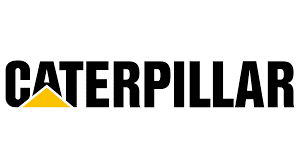
Caterpillar Inc., founded in 1925 and headquartered in Deerfield, Illinois, continues to be the undisputed global leader in construction equipment. It will have a significant global market share of 16.3% by 2025. Caterpillar, with annual revenues of nearly USD 59.4 billion, has consistently delivered innovative and high-performance machinery such as excavators, bulldozers, backhoe loaders, and motor graders. Its strong distribution network, brand recognition, and strategic focus on sustainability and digitization, such as CAT Connect Technology, have helped it maintain dominance in multiple regions. Caterpillar's growth is also fueled by significant infrastructure investments in the United States, Latin America, and emerging Asian markets.
The firm is increasingly incorporating automation and data analysis to improve machine productivity and decrease downtime. In spite of worldwide challenges such as high-interest rates and inflation, Caterpillar has been resilient owing to its diversified product offerings and commitment to after-sales service. CEO Jim Umpleby keeps leading the firm towards more technological integration and expansion in the market. Caterpillar's dedication to quality, ruggedness, and customer-oriented innovation keeps it the go-to option in mining, construction, and energy markets.
2. Komatsu Ltd.
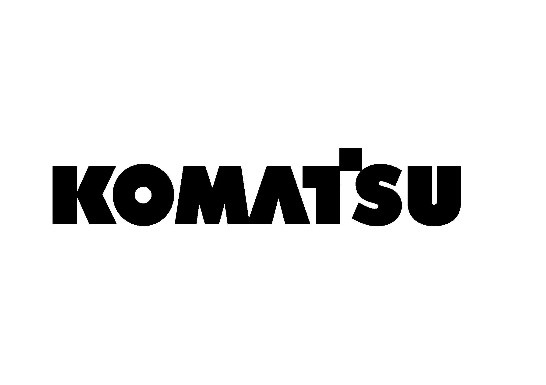
Komatsu Ltd., headquartered in Tokyo, Japan, was founded in 1921 and is the world's second-largest construction equipment manufacturer, with a 10.7% market share. Komatsu, known for its durable and environmentally friendly machines, reported consolidated revenues of more than JPY 2.74 trillion (approximately USD 25 billion) in its 2024 financial results. The company is known for its extensive line of hydraulic excavators, bulldozers, dump trucks, and wheeled loaders. Komatsu has made significant investments in autonomous vehicle technologies and smart construction platforms, enabling it to improve job site productivity and safety. Its Smart Construction initiative has now reached over 45,000 job sites worldwide, incorporating digital technologies such as drones and 3D mapping into traditional earthmoving.
Komatsu has a presence in Asia-Pacific, North America, Europe, and the Middle East, backed by an extensive network of dealerships and service centers. With Hiroyuki Ogawa at the helm, Komatsu is also increasing its range of electric equipment and eco-friendly products. Strategic alliances and acquisitions, including those in intelligent mining and urban development, have further enhanced its portfolio. Komatsu remains a tech-driven OEM with a strong focus on carbon neutrality and digitization in construction.
3. XCMG Group
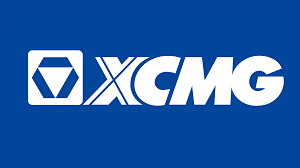
XCMG, or Xuzhou Construction Machinery Group, is China's largest construction equipment manufacturer and the third-largest globally, with a 5.8% market share in 2025. Founded in 1943 and headquartered in Xuzhou, Jiangsu Province, the company has steadily expanded its global presence. XCMG's 2024 revenue exceeded USD 13 billion, owing to its expanding export base and extensive domestic sales. It produces a wide range of machinery, such as mobile cranes, wheel loaders, excavators, and road construction equipment. XCMG is investing heavily in green technology and smart manufacturing, with the goal of becoming the industry leader in sustainability and automation.
Significantly, the company has been ranked China's most valuable construction equipment brand for 11 years in a row, with a 2024 brand valuation of more than USD 17 billion. The R&D efforts of the company have yielded some of the largest and most technically sophisticated cranes and loaders in the world. With a presence in more than 180 countries, with robust operations in Southeast Asia, Africa, and Latin America, XCMG keeps on rising through innovation, competitive pricing, and a customer-centric service model. CEO Yang Dongsheng has been focusing on expansion into smart manufacturing and electric construction equipment.
4. SANY Group

SANY Group was founded in 1989 and is headquartered in Changsha, China. It is the world's fourth-largest manufacturer of construction equipment. SANY's product line includes concrete machinery, excavators, cranes, and road construction equipment. SANY is particularly dominant in the concrete machinery segment, having sold the most concrete pumps and truck mixers worldwide. The company has aggressively expanded globally, with operations in more than 150 countries and manufacturing facilities in India, Germany, the United States, and Brazil. Though exact 2025 market share figures are less frequently cited, it is estimated to account for 5-6% of the global market based on 2024 performance metrics.
SANY's emphasis on electrification and digitalization has created a line of low-emission intelligent machinery, gaining popularity in environmentally friendly markets. Its strategic efficiency in costs and localization has helped it to set competitive prices while maintaining quality, too. SANY's CEO Xiang Wenbo has spearheaded SANY towards more partnerships and innovative co-operations to further solidify its position in the market as a world heavy construction machinery heavyweight.
5. John Deere
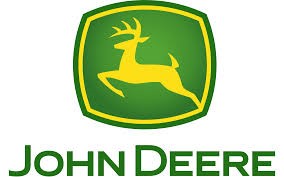
John Deere was founded in 1837 and is headquartered in Moline, Illinois. It is one of the oldest and most respected names in construction and agricultural equipment. As of 2025, Deere & Company has a 4.9% global market share in construction equipment sales. While traditionally focused on agriculture, the company has expanded significantly into compact construction and earthmoving machinery, including skid steer loaders, backhoes, excavators, and motor graders. Deere's success is largely due to its strong brand identity, extensive dealer network, and increased investment in smart technology.
The firm's WorkSight suite combines telematics, remote diagnostic capability, and automation to enhance productivity in the field. John Deere has also formed alliances with leading-edge tech providers to investigate AI-powered equipment and electric drive systems. In recent years, it has extended its presence in Asia and Latin America and has increased international sources of revenue. Under CEO John C. May, John Deere remains committed to sustainability, investing in carbon reduction and electrification in its operations. Even with economic headwinds in certain markets, Deere's strength in performance and precision-based machinery cements its position as one of the leading global OEMs.
6. Volvo Construction Equipment
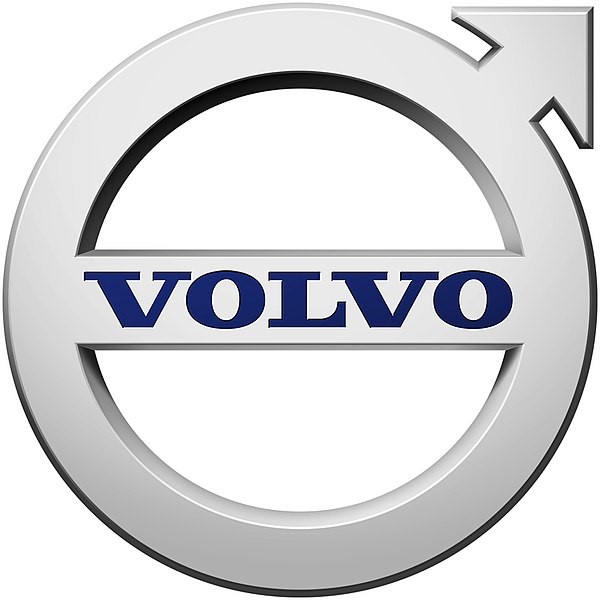
Volvo Construction Equipment (Volvo CE), a subsidiary of the Volvo Group, is ranked sixth among the world's leading construction equipment manufacturers. Volvo CE continues to lead in Europe, with a 4.6% market share in 2025, and is internationally recognized for its dependability, advanced engineering, and sustainability leadership. Volvo CE, headquartered in Gothenburg, Sweden, was founded in 1832 and is known for its machine design innovation. The company's product line includes excavators, wheel loaders, articulated haulers, and compact construction equipment.
One of Volvo CE's fundamental differentiators is its early adoption of electric machinery, having introduced electric compact excavators and wheel loaders years before most of its peers. It also spends heavily on telematics and autonomous technology through its "Volvo Co-Pilot" platform and collaborations with academic and industrial research organizations. Beyond its established presence in Europe, Volvo CE is building out in Asia-Pacific and South America, both regions undergoing infrastructure booms. CEO Melker Jernberg still advocates for carbon neutrality by 2040, harmonizing the company's innovation roadmap with larger environmental objectives.
7. Hitachi Construction Machinery
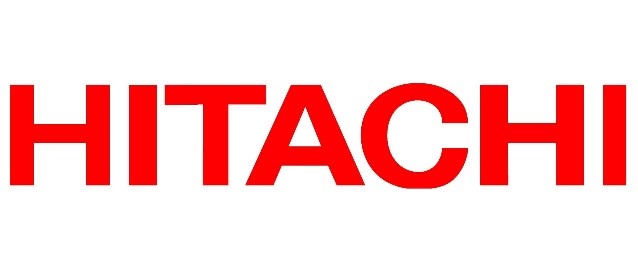
Hitachi Construction Machinery Co., Ltd., founded in 1970 and headquartered in Tokyo, Japan, is ranked seventh globally, with a 2.3% market share in 2025. Hitachi, which manufactures hydraulic excavators, wheel loaders, and rigid dump trucks, is well-known for its quality, safety, and efficiency. The company operates globally, with significant market share in Japan, Southeast Asia, and Oceania. Hitachi recently completed the dissolution of its joint venture with Deere & Company in North America, allowing it to independently expand and strengthen its sales network in the region. This move has increased the brand's visibility and operational flexibility in key global markets.
Hitachi is also actively developing electric and hybrid models, in line with the industry's trend toward environmentally friendly alternatives. Its ConSite platform, an advanced machine-monitoring system, enables customers to manage fleet maintenance and reduce downtime. CEO Kotaro Hirano has prioritized digital solutions and improved the company's direct customer interface. Hitachi's ongoing push into automation and smart construction systems reflects the company's goal of becoming a full-cycle provider of digital construction solutions.
8. Liebherr Group
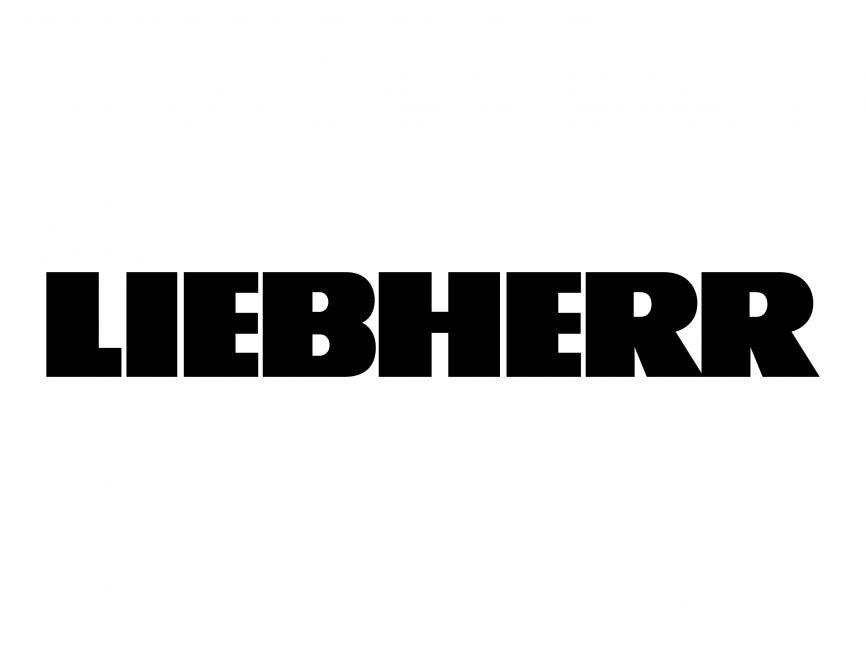
Liebherr Group, founded in 1949 in Germany and headquartered in Bulle, Switzerland, is a family-owned company that has grown to become one of the world's most respected construction equipment manufacturers. As of 2025, it has a 2.2% market share, ranking among the top ten OEMs globally. Liebherr is well-known for its extensive portfolio, which includes tower cranes, earthmoving machines, mining trucks, and deep foundation equipment. One of its strengths is engineering precision and high-quality manufacturing, particularly crawler and mobile cranes used in mega-infrastructure and wind turbine projects.
The company prioritizes sustainability, with significant R&D efforts directed toward alternative drive systems such as hydrogen and electric. Liebherr has a strong manufacturing presence in Europe and is expanding distribution capabilities in Asia, the Middle East, and Africa. It continues to invest in automation, predictive maintenance, and telematics to improve customer productivity and lifetime value. Under the leadership of the Liebherr family, the company pursues a conservative yet forward-thinking business strategy, ensuring quality and innovation while remaining financially independent and self-sufficient.
9. Doosan Infracore
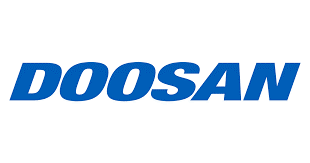
Doosan Infracore, which was acquired by Hyundai Heavy Industries in 2021 and is now a key part of the Hyundai Genuine group, will rank ninth globally in 2025, with a market share of approximately 2.1%. Doosan, based in Seoul, South Korea, and founded in 1937, has established a strong presence in construction equipment with its dependable excavators, loaders, and articulated dump trucks. The company has long sought to expand into international markets such as North America, Europe, and the Middle East. Following the acquisition, Doosan benefited from Hyundai's extensive distribution network and capital resources, boosting its global competitiveness.
The company continues to invest in digital platforms and next-generation power systems, such as hydrogen engines and hybrid vehicles. Its Smart X-Center in Seoul allows for real-time global monitoring and predictive maintenance across fleets. Doosan also focuses on environmentally friendly operations, incorporating AI-based control systems to reduce emissions and fuel consumption. Doosan is expected to see sustained global growth in the coming years, as Hyundai plans to position the Doosan and Hyundai brands as independent but complementary arms of its construction equipment business.
10. JCB
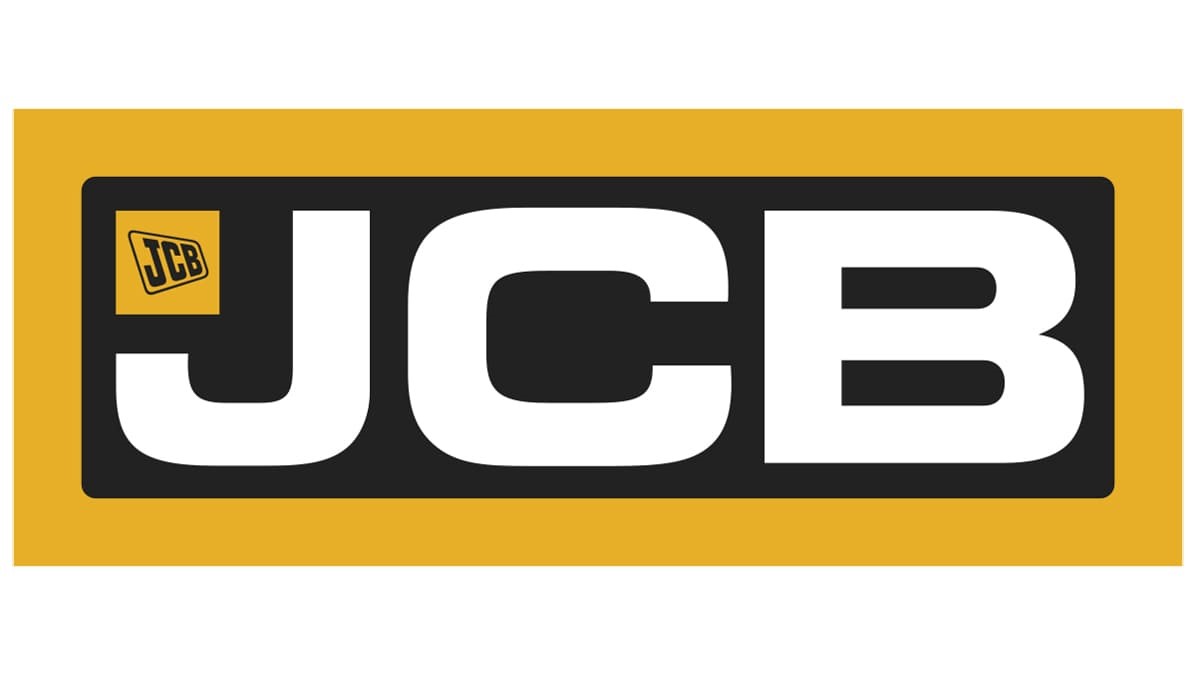
JCB (Joseph Cyril Bamford Excavators Ltd.), founded in 1945 and headquartered in Staffordshire, UK, is one of the world's most recognized construction equipment brands. In 2025, JCB has a global market share of approximately 1.9%, rounding out the top ten. It is best known for its backhoe loaders and telescopic handlers, in which it holds a global lead. JCB has a strong global presence, with 22 manufacturing facilities in Asia, Europe, North America, and South America, and sells equipment in more than 150 countries.
The company is also a pioneer in hydrogen combustion engines, having invested more than GBP 100 million in its zero-emission engine development programme. JCB's Loadall and ecoDiesel lines have received high praise for their fuel efficiency and environmental sustainability. Under Lord Bamford's leadership, the company has remained a privately held powerhouse known for engineering excellence and innovation. JCB's ability to combine traditional machine durability with modern technological solutions, such as LiveLink telematics, has enabled it to thrive in both emerging and mature markets. Its commitment to sustainability, particularly through alternative fuel R&D, is likely to shape its trajectory over the next decade.
Conclusion
The global construction equipment market in 2025 is characterized by rapid technological advancement, fierce competition, and a shift toward sustainable, intelligent machinery. As infrastructure demands rise, particularly in emerging economies, leading manufacturers respond with innovations in automation, electrification, and smart systems. Industry leaders such as Caterpillar and Komatsu remain dominant, while Chinese companies such as XCMG and SANY are gaining global traction. With continued R&D investments, strategic partnerships, and a focus on environmental responsibility, these top ten manufacturers are shaping the global future of construction equipment.
About the Spherical Insights & Consulting
Spherical Insights & Consulting is a market research and consulting firm which provides actionable market research study, quantitative forecasting and trends analysis provides forward-looking insight especially designed for decision makers and aids ROI.
Which is catering to different industry such as financial sectors, industrial sectors, government organizations, universities, non-profits and corporations. The company's mission is to work with businesses to achieve business objectives and maintain strategic improvements.
CONTACT US:
For More Information on Your Target Market, Please Contact Us Below:
Phone: +1 303 800 4326 (the U.S.)
Phone: +91 90289 24100 (APAC)
Email: inquiry@sphericalinsights.com, sales@sphericalinsights.com
Contact Us: https://www.sphericalinsights.com/contact-us
Need help to buy this report?